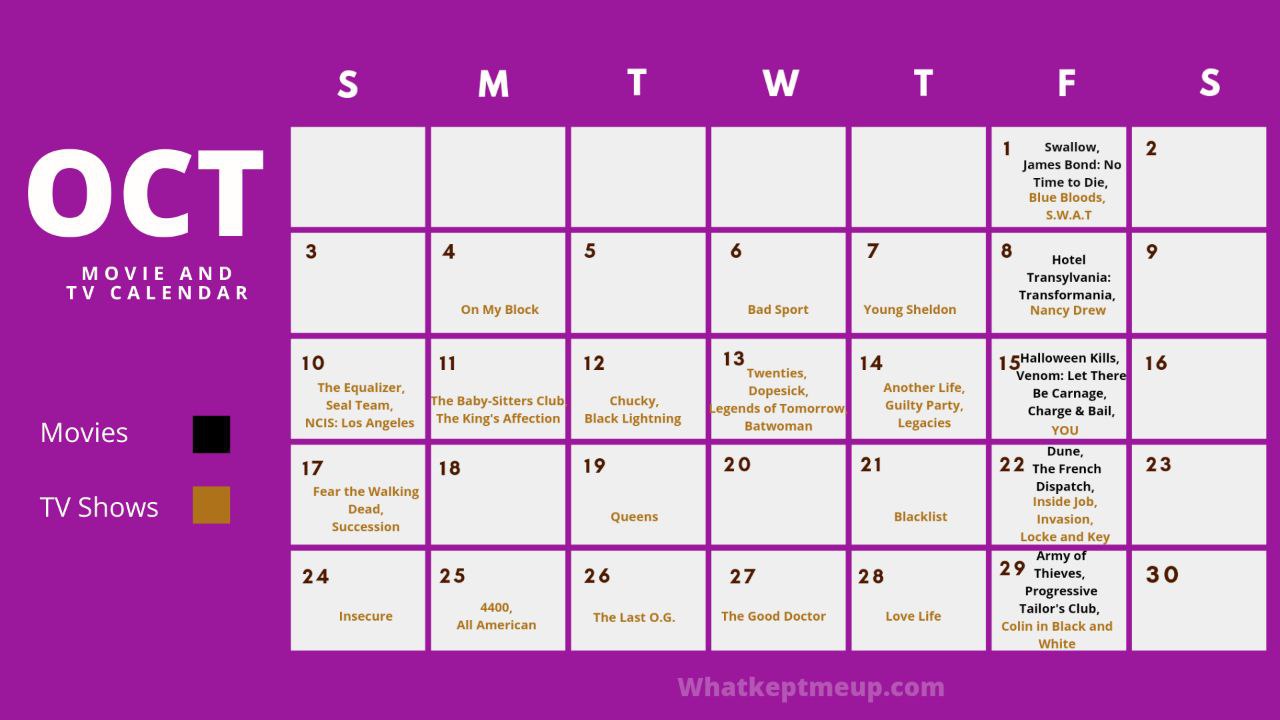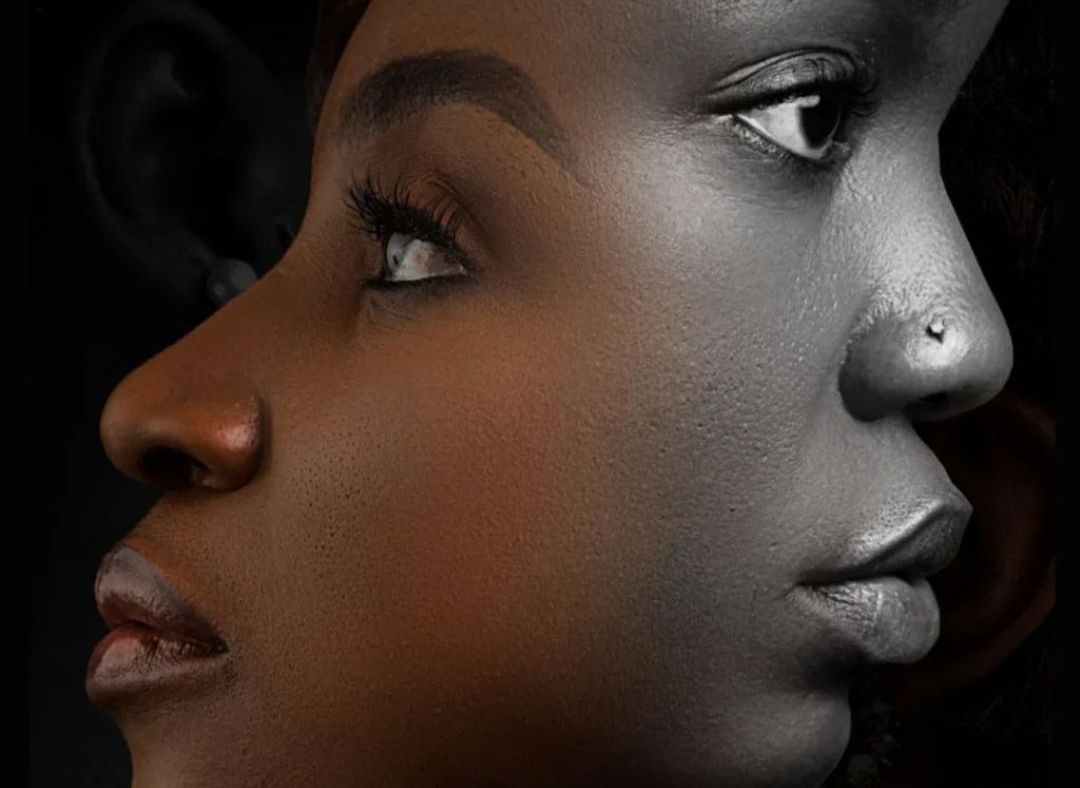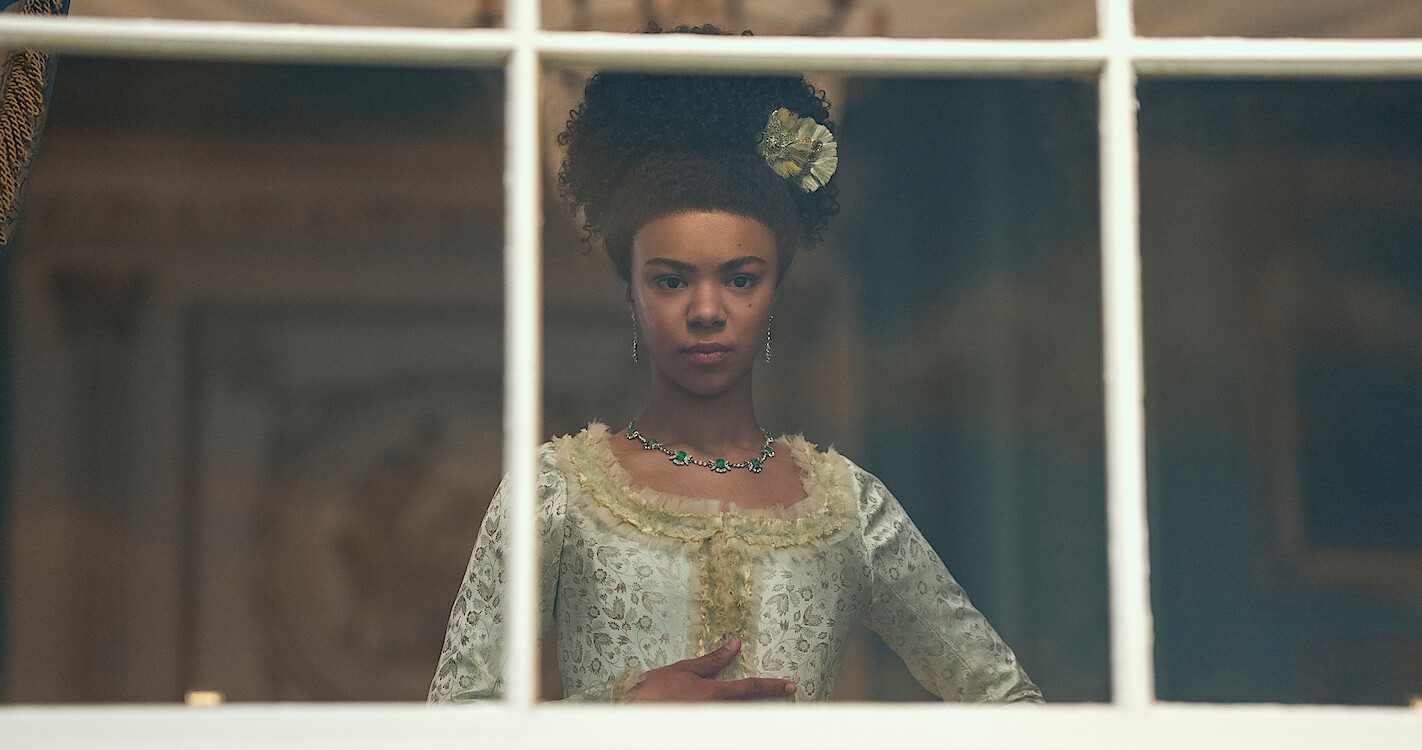Gone is a well-written film. Or better-put, it is a well-structured film. There is the obvious attempt at narrative coherence which succeeds substantially. Made in 2018 and recently acquired by Netflix, screened at Calgary Black Film Festival and select Nigerian cinemas in 2021, one can tell that, beyond being well-written, it’s also a technically efficient film. The cast, led by Sam Dede as Ani, is a mix of the old and the new. Stella Damasus returns from hiatus to star as Ngozi, and Bimbo Manuel, in a supporting role, plays Ani’s confidant. Between the veterans are Gabriel Afolayan and Bimbo Ademoye, both glibly named Ayochukwu and Anuchukwu respectively. A strong cast, technical quality, an impressive story; nothing except its closure holds this film back. But, for a moment, let’s talk about Bimbo Ademoye.
 ‘Swallow’: The Movie’s Biggest Changes from the Book
‘Swallow’: The Movie’s Biggest Changes from the Book

The story follows Ani, played by Sam Dede, who left his family for twenty-five years and returns to lay claim to them, however tenuous that possibility might be. The film caters to that perpetual greener pastures dream all Nigerians crave, and the consequences that occur if that dream should go awry. Ani returns to Nigeria to find the wife he abandoned with another man, and his children all grown into adulthood, a little quicker than absolute parental comfort would have allowed. Gabriel Afolayan plays the little brother and Bimbo Ademoye plays the big sister—a new iteration in her streak of impressive, immaculate performances.

In 2015, Bimbo Ademoye made her debut in Bunmi Ajakaiye’s film, It’s About Your Husband, where she played a gullible concubine. Six years later, it feels as though her rise has been meteoric. Within that time-span, Bimbo has featured in a number of successful films, with Sugar Rush as the flagship of her reel. Bimbo’s strength is her ability to make a small role appear complete. (Her role in Nneka the Pretty Serpent works as a fine example here.) Although there is a level of jocundity her performances rely on; family roles and ride-or-die friendships, where she can be overly familiar with most of the characters she plays across from. The foundation to Bimbo Ademoye’s successful portrayals in Sugar Rush or Breaded Life is evident here in Gone. Three years after her debut in 2015, Bimbo Ademoye plays Anu, daughter to Sam Dede’s troubled character, and sister to Ayo, the brilliantly portrayed Gabriel Afolayan character.

Gone, apparently, is the pristine place to see Bimbo Ademoye. Here, she is the narrative nexus. She switches effortlessly from affable sister; obedient, responsible daughter; her mother’s defender; to an emotional wreck with daddy issues. We must credit the film, written and directed by Daniel Ademinokan, for providing a character interesting enough for her to work with. Not since Gone has Bimbo played a character more fully-rounded, more acceptably complete. (Maybe her role in Breaded Life, but here, in Gone, she has a more mature, less comedic responsibility to deliver as an actor.) We need to take Bimbo Ademoye more seriously; pull her away from the ugly gnaws of stereotypical comic-relief supporting actor roles. She is beyond ready for a role as lead in a well-written drama.
Bimbo Ademoye’s Anu, like her father, Ani, also has a dark secret to how she has kept the family afloat poverty. Only in the third act is her job revealed, and it is, yet again, credit to the narrative structure, because the clues have been set up from the first act. The story suffers, however, with its melodramatic tilt for its resolution. Its ending feels a tad too convenient, bordering unbelievability. A story built on the grim realities of life concluded with the fanatic convenience of fiction. A third act insistent on a happy ending when it could have been more. We should see Bimbo this way. A savant actor with far more talent than the industry is crediting her with.
Rating: 7/10
You can share your thoughts in the comments section or on our social media accounts.
 Keep track of upcoming films and TV shows with our calendar tool.
Keep track of upcoming films and TV shows with our calendar tool.
Side Musings
- The original rating is 6.5, but for Bimbo, we added a 0.5.
- EmmaOhMaGod does well, surprisingly. The scene he confronts Stella Damasus and picks two packs of noodles: Gold.
- Gabriel Afolayan is really good. Yes, we say it enough, but it does not hurt to reiterate that.
- A small plot hole problem: the man who loaned Ani money twenty-five years before the film opened, it seems the man never aged. At the start of the film, he accosts Ani for the loan and while Ani is a middle-aged man, he doesn’t look it.
- And for Pete’s sake, how did Sam Dede outrun those three young men in the opening scene. But you know, suspension of disbelief.
Gone is currently streaming on Netflix.







8 Comments